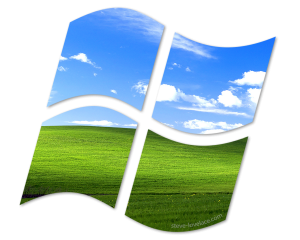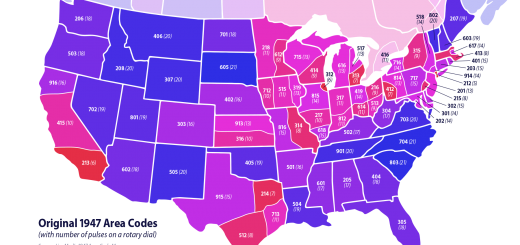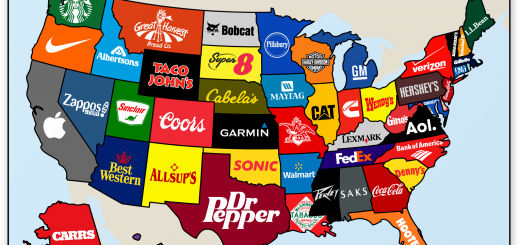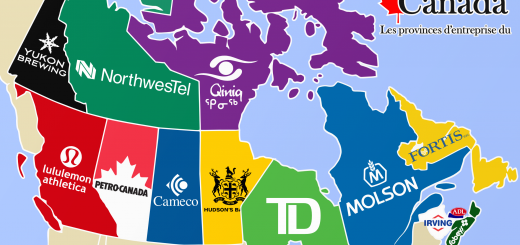Windows XP: The OS That Refuses to Die
 Microsoft is terminating support for Windows XP this spring, 13 years after the operating system first came out. To put that in perspective, it would be like MS-DOS 4.01 (released in 1988) still being supported when Windows XP was released in 2001. Windows XP is the Methuselah of operating systems, and just a few weeks before Microsoft drops its long-term support, it still has a whopping 29% market share.
Microsoft is terminating support for Windows XP this spring, 13 years after the operating system first came out. To put that in perspective, it would be like MS-DOS 4.01 (released in 1988) still being supported when Windows XP was released in 2001. Windows XP is the Methuselah of operating systems, and just a few weeks before Microsoft drops its long-term support, it still has a whopping 29% market share.
Longhorn/Vista
There are many reasons for Windows XP’s recalcitrance. The most oft-cited reason is that XP’s successor, Windows Longhorn, was delayed for many years before being cancelled. It wasn’t until 2007 that its official replacement, Windows Vista, appeared to less-than-stellar reviews. And it wasn’t until 2009 that XP had a worthy successor in Windows 7. That gave XP an eight-year head start on Windows 7.
It’s not just the failure of Windows Longhorn that gave XP such a big advantage, however. In many ways, XP was simply in the right place at the right time. Windows XP appeared in the early 21st century when the number of personal computers was exploding. Unlike earlier versions of Windows, such as Windows 98, XP was fully 32-bit and pretty stable. It came about in the age of broadband internet, wi-fi and USB connections.
The OS for Senior Citizens
In the early 21st century, computers went from being luxury items to everyday appliances. This was the age on which teenagers and grandmothers alike got their own machines. And while the teens have moved on to more advanced machines, the grandparents of the world stuck with Windows XP. For someone who doesn’t use computers a lot, an XP terminal with Internet Explorer 8 is enough to check the news and send the occasional email.
It will be interesting to see what happens to Windows XP when (and if) Microsoft drops support. Many XP users are not very savvy to computer security, and I’m sure there are thousands of malware authors waiting to attack as soon as Microsoft ceases the security patches. Will XP survive such an onslaught? Only time will tell.







Is windows longhorn gonna die this Christmas